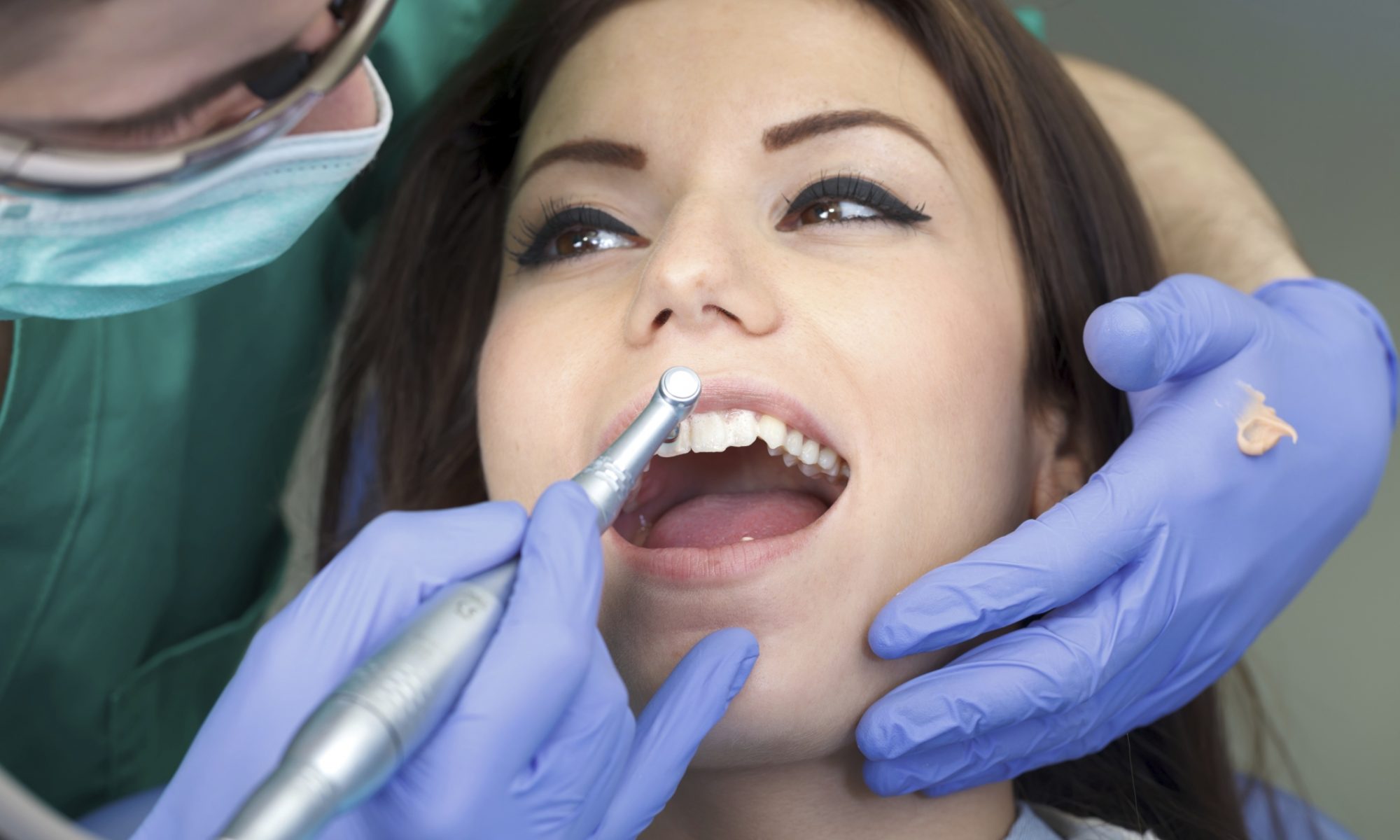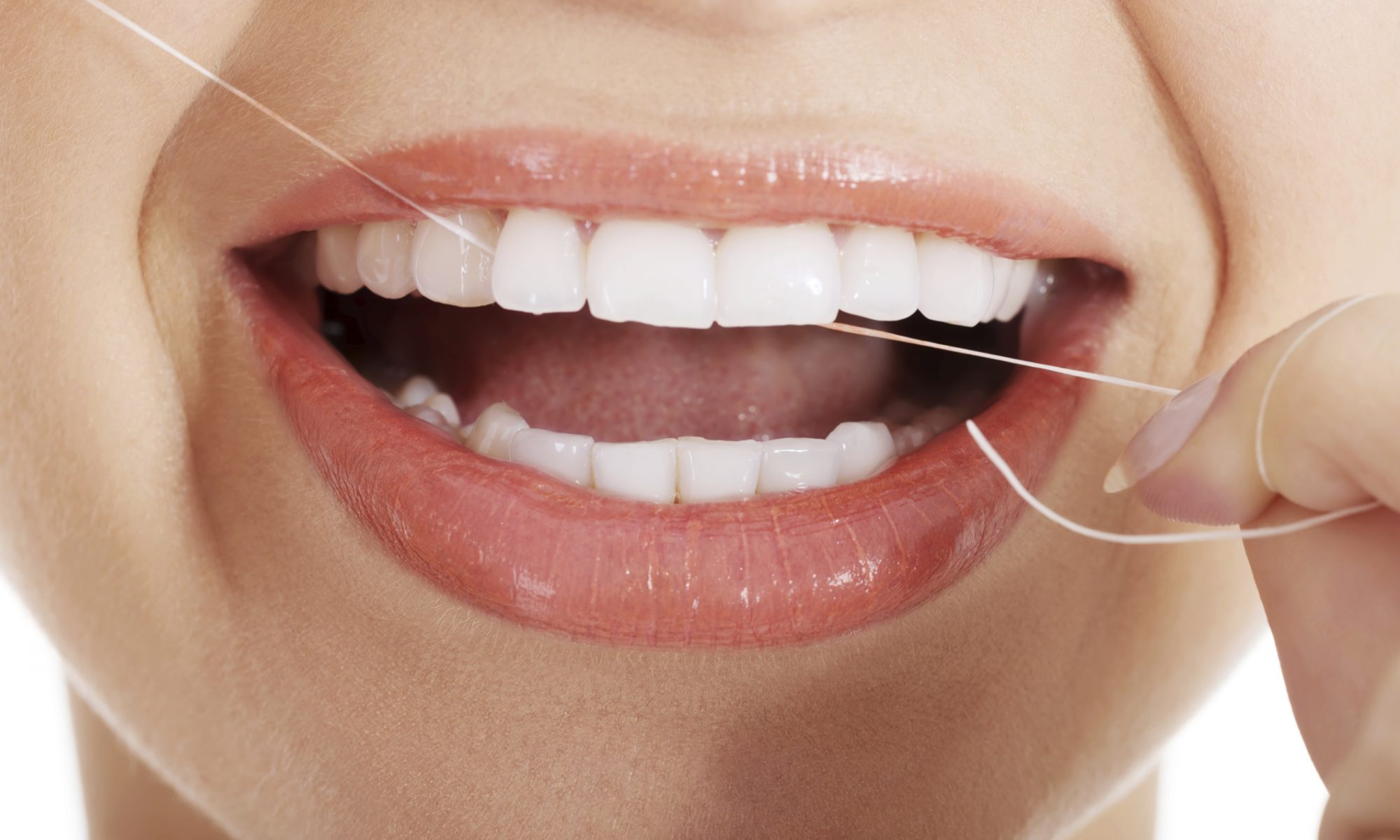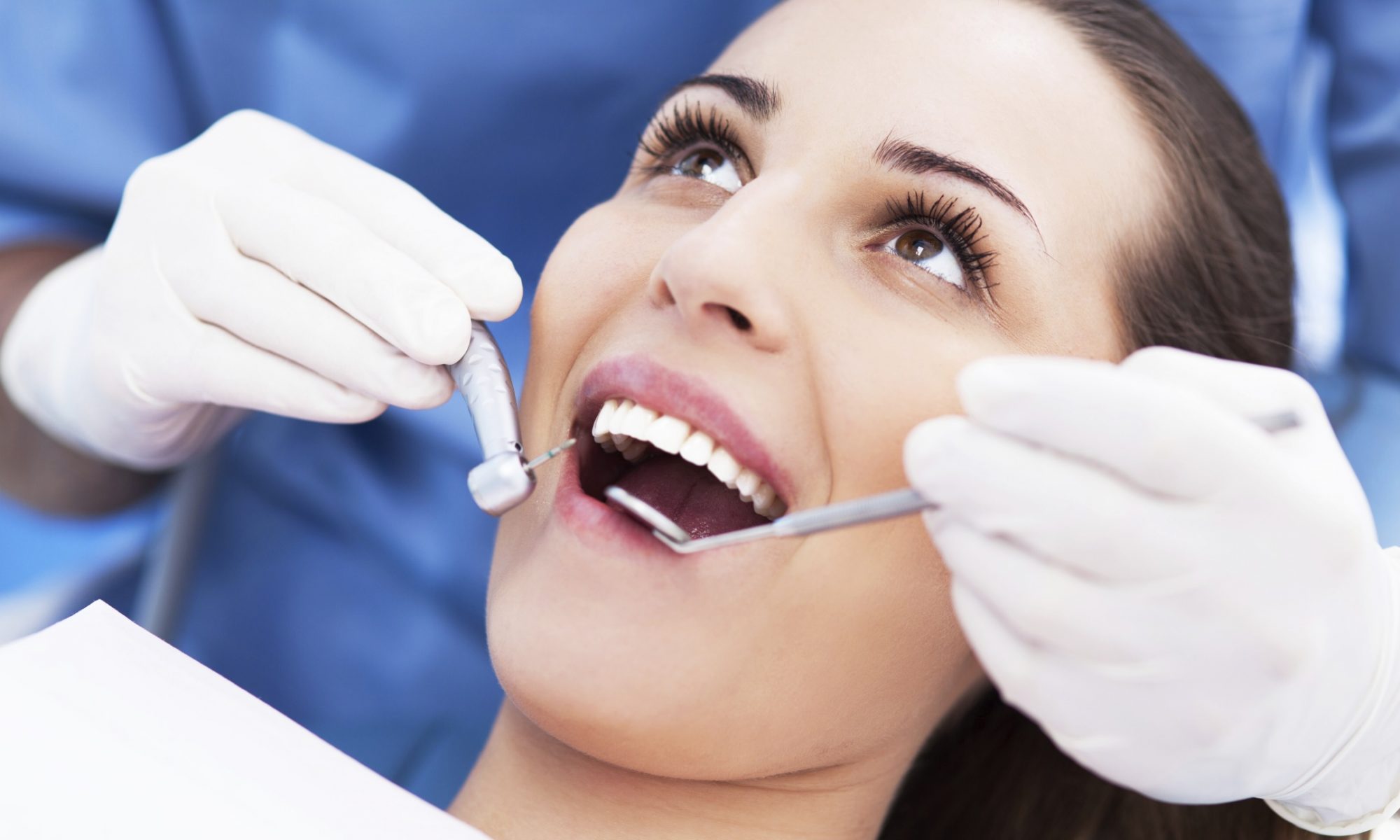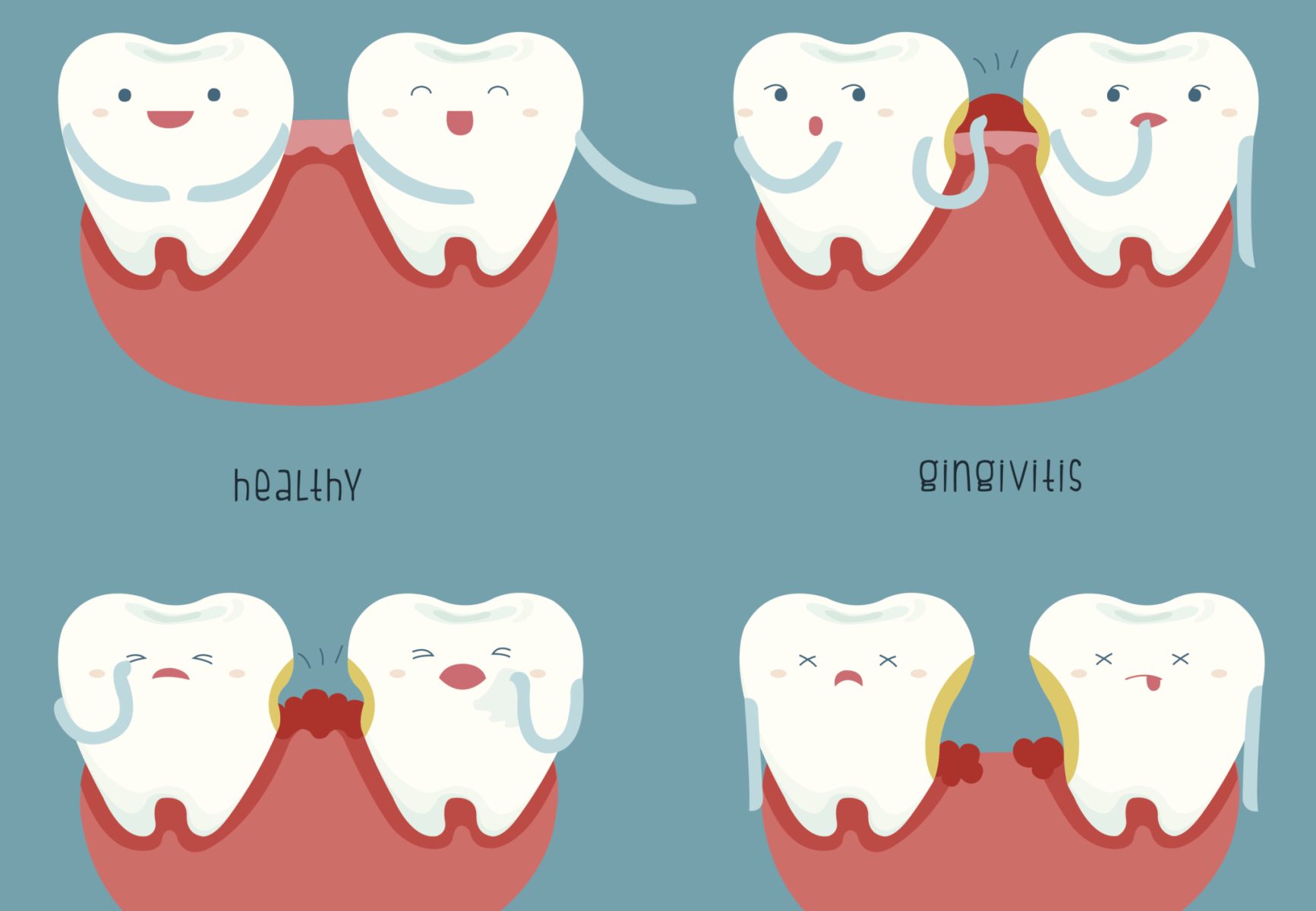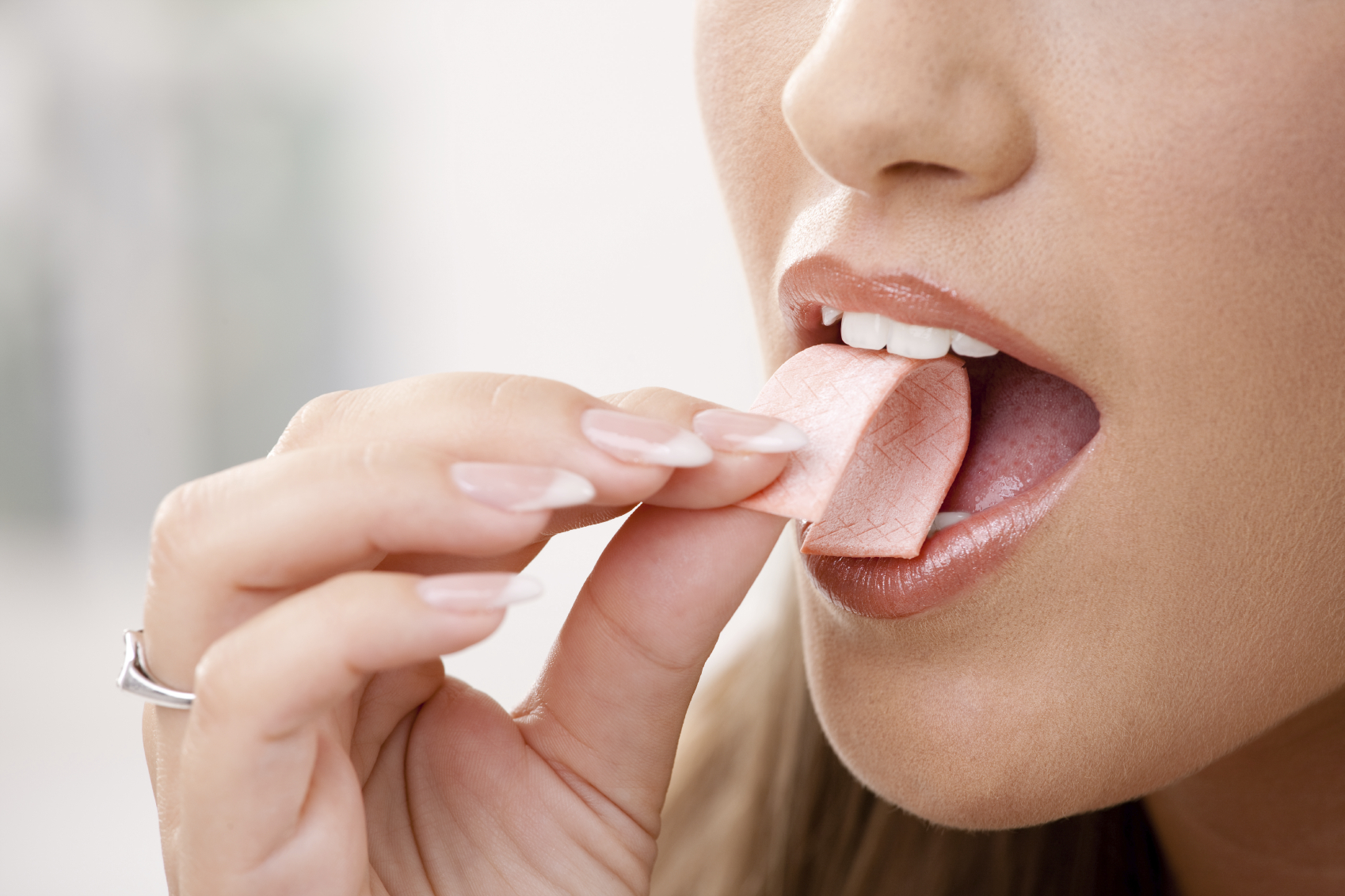Cavities, also known as dental caries or tooth decay, are a widespread oral health issue affecting people of all ages. Understanding the causes, prevention methods, and treatment options for cavities is essential for maintaining a healthy smile. This blog explores the intricacies of cavities and provides practical advice on how to keep your teeth cavity-free.
Continue reading “What To Know About Cavities: A Guide | Central Park West Dentist”What To Know About Common Diseases and Oral Health | Central Park West Dentist
Oral health is often perceived as separate from overall health, but the truth is that the condition of your mouth can have a significant impact on the rest of your body. The mouth serves as a gateway to your body, and maintaining oral hygiene is crucial in preventing a host of common diseases. This blog explores the intricate connection between oral health and systemic health, highlighting the importance of regular dental care.
Continue reading “What To Know About Common Diseases and Oral Health | Central Park West Dentist”Common Challenges To Maintaining Good Oral Health | Central Park West Dentist
Caring for oral hygiene at home is crucial for maintaining dental health, but several factors can complicate this routine. Here are the top five challenges people often face:
Continue reading “Common Challenges To Maintaining Good Oral Health | Central Park West Dentist”Oral Care Mistakes That Make a Big Difference | Central Park West Dentist
Maintaining good oral health is essential for overall well-being, but many people unknowingly make mistakes that can compromise their dental hygiene. Here are some common pitfalls to avoid:
Continue reading “Oral Care Mistakes That Make a Big Difference | Central Park West Dentist”Stages of Periodontal Disease | Central Park West Dentist
Periodontal disease, commonly known as gum disease, is a progressive condition that affects the tissues supporting the teeth. It begins with mild inflammation of the gums (gingivitis) and, if left untreated, can advance to more severe stages, leading to significant damage to the gums, bone, and ultimately tooth loss. Here’s how periodontal disease progresses through its stages:
Continue reading “Stages of Periodontal Disease | Central Park West Dentist”Unveiling the Truth Behind Common Dental Hygiene Misconceptions | Central Park West Dentist
Dental hygiene plays a crucial role in maintaining overall health, yet myths and misconceptions often cloud the path to optimal oral care. In this blog post, we will debunk some prevalent dental hygiene myths to help you make informed decisions and achieve a healthier smile.
Continue reading “Unveiling the Truth Behind Common Dental Hygiene Misconceptions | Central Park West Dentist”How Salt Can Help Your Smile | Central Park West Dentist

After a long holiday season, it may be possible for us to develop a toothache. After all, there are so many events filled with tasty eats, overindulging can sometimes have an effect on your smile. Thankfully, there is a quick solution to help ease the pain.
Sure, it tastes like you are drinking a glass of ocean water, but a warm saltwater rinse can be highly beneficial to your oral health. It is more than just a disinfectant; it also helps in removing swelling of oral tissues. Here are just a few ways swishing some saltwater can help:
Halitosis. While poor oral hygiene is a cause for halitosis, or bad breath, rinsing your mouth with salt water can prevent bacterial growth and infection, which often causes halitosis.
Gingivitis. Gingivitis is a typical condition characterized by swelling, inflammation and bleeding gums. Bacteria proliferation forms a sticky and whitish film, called plaque. Rinsing the mouth with salt water solution daily can help in soothing inflamed gums and wipes out bacteria.
Toothache. Toothache can happen to anyone; it is a common complication caused by several reasons. While bacteria are the main cause, weak roots or open nerve endings can also lead to sensitivity and throbbing in teeth. Gargling regularly with salt water can offer some relief.
Sore throat. Sore throat can cause you to cough, only adding to the pain your throat feels. Saltwater gargle can help in relieving soreness.
Salt water has been used by multiple cultures over countless generations to clean wounds and rinse out mouths, but it should not be swallowed in quantity. Talk to your dentist about the benefits of washing your mouth with salt water. To make a saltwater solution, mix 1 tsp of salt to 1 cup of warm water.
If you have questions or concerns about salt water rinse, make an appointment today with Dr. Schnall at 212-247-7059 or visit our website at www.philipschnalldmd.com.
Dr. Philip Schnall proudly serves Central Park West and all surrounding areas.
Alternatives to Toothpaste | Central Park West Dentist
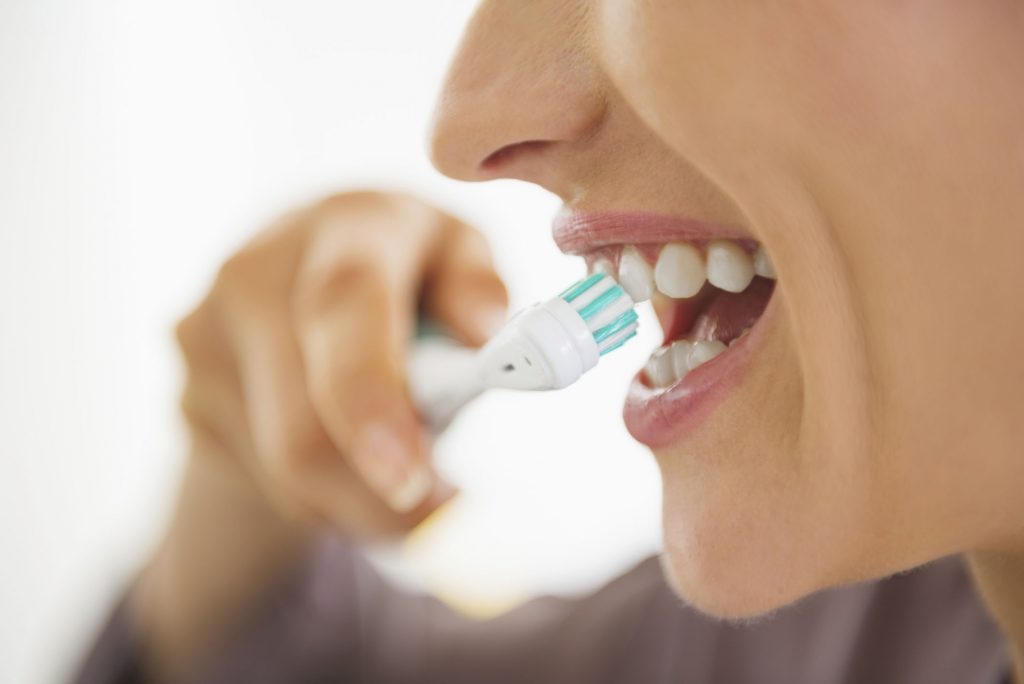
We all know that there are a few tools we need in order to maintain a healthy smile – a toothbrush, some toothpaste, floss and mouthwash. With these tools, we can achieve not only a healthy mouth but a bright smile that you’ll love to show off.
But what if you don’t have toothpaste handy, or you’ve just run out and don’t have time to run to the shop? There are some ways you can make your own toothpaste using very regular household items. Check it out!
Baking soda. There are lots of toothpastes that contain baking soda, so this shouldn’t sound so foreign to anyone. This ingredient helps whiten teeth and remove plaque. Simply place some on your finger, paper towel, or washcloth before brushing your teeth.
Saltwater. Salt has natural antibacterial qualities that can help eliminate some of the plaque-causing germs in your mouth when you don’t have any toothpaste. Simply combine 1–2 teaspoons of salt to 8 ounces of lukewarm water and allow the salt to dissolve in the water. Then dip your finger, paper towel, or washcloth in the saltwater before brushing your teeth, or use the elixir as a rinse afterwards. Just be aware that salt can corrode metal fillings so if you have some, don’t use this method too frequently.
Strawberries. This may sound crazy to you, but strawberries have malic acid, which can help whiten teeth, vitamin C, to maintain gum health, and an astringent that helps remove plaque. So, crush up some strawberries & apply to your teeth, even when mixed in some baking soda. When you finish, rinse well with water as strawberries still have sugar and fructose, both of which can cause tooth decay.
If you have questions or concerns about toothpaste alternatives, make an appointment today with Dr. Schnall at 212-247-7059 or visit our website at www.philipschnalldmd.com.
Dr. Philip Schnall proudly serves Central Park West and all surrounding areas.
Halloween Habits to Maintain Your Tiny Human’s Smile | Central Park West Dentist

When Halloween comes around, as parents it is important to teach our children to take care of their teeth to instill good dental habits through life. After all, there are lots of sugary sweets available to damage a tiny human smile, so staying on top of your child’s smile is important on this haunted night. Now, there’s no reason to deny children the enjoyment of Halloween candy, but it’s important to supervise them to ensure that their Halloween is enjoyed in a way that keeps their teeth safe.
Use Halloween as a way to teach children about moderation – by teaching children to eat a moderate number of treats, you’ll encourage them to practice moderation in their daily lives, including other sugary foods they’ll encounter year-round such as sweet juices and starch heavy breads. Allow your children to choose the candy they want to eat, but set a limit on the number of pieces, and remove the extras – they can be saved for a future day, frozen for later, thrown away, or donated.
While sugar does promote decay, the effect of sugar is not instant. If children eat candy for a short time period, and then brush their teeth a short time later, the impact of the sugar is fairly minimal. For that reason, allow children to eat candy during a fixed time – rather than an all-day feast, they’ll have a fixed window for candy. This allows them to prioritize their candy enjoyment, minimizes the chances that they’ll consume far too much, and by following treats with brushing, helps prevent cavities.
Focus on fun, but effective, tooth brushing. Children often need stimulation beyond simple health to brush regularly and sufficiently, so swap toothbrushes every few months, and give your children the opportunity to choose.
If you have questions or concerns about the effects of Halloween candy on your teeth, make an appointment today with Dr. Schnall at 212-247-7059 or visit our website at www.philipschnalldmd.com.
Dr. Philip Schnall proudly serves Central Park West and all surrounding areas.
How Eating Breakfast Can Improve Your Smile | Central Park West Dentist
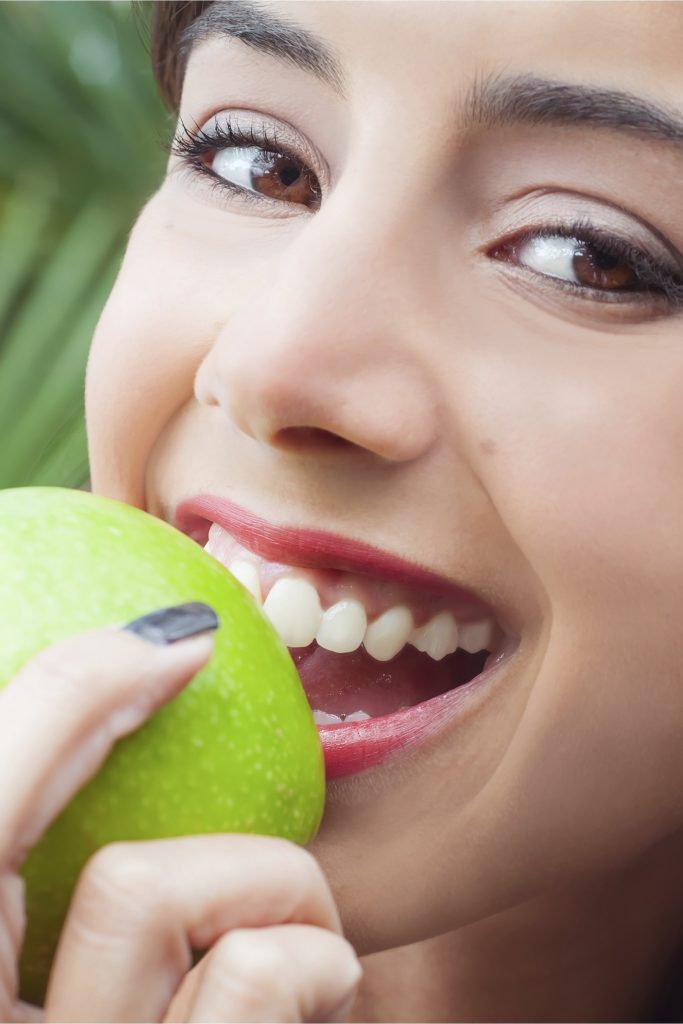
We have all heard it before – breakfast is the most important meal of the day. Not only does it get your day started right, but it also gives your body the boost it needs to make it through with little issue. The problem is that many people do not choose the best breakfast options. They think easy and quick, which will typically end up being not the best choices they could be.
Thankfully, there are options that can be quick and easy, but also really healthy for to not only get your day started on the right foot, but can give you all the nutrients your body, and your smile, need to be the best they can be. It’s true – your breakfast can improve your smile! Let’s celebrate the first meal of the day by taking a look at some of our favorite breakfast options guaranteed to not only nourish you, but your smile…
Fruit. It’s always nice to start the day with a bit of fruit, whether it be via juice or by the piece. We all know that vitamin C, and lots of fruit have it. From strawberries to pineapple, the sweet vitamin C will also help scour away plaque and whiten teeth. But don’t overdo it – too much acidic food will begin to wear down your tooth enamel.
Dairy. Between milk, cheese and yogurt, the dairy section will give your smile the calcium & phosphorus boosts it needs to be its strongest. They will focus on re-mineralizing your teeth and protecting your tooth enamel from damage.
If you have questions or concerns about the effects of breakfast food on your teeth, make an appointment today with Dr. Schnall at 212-247-7059 or visit our website at www.philipschnalldmd.com.
Dr. Philip Schnall proudly serves Central Park West and all surrounding areas.
